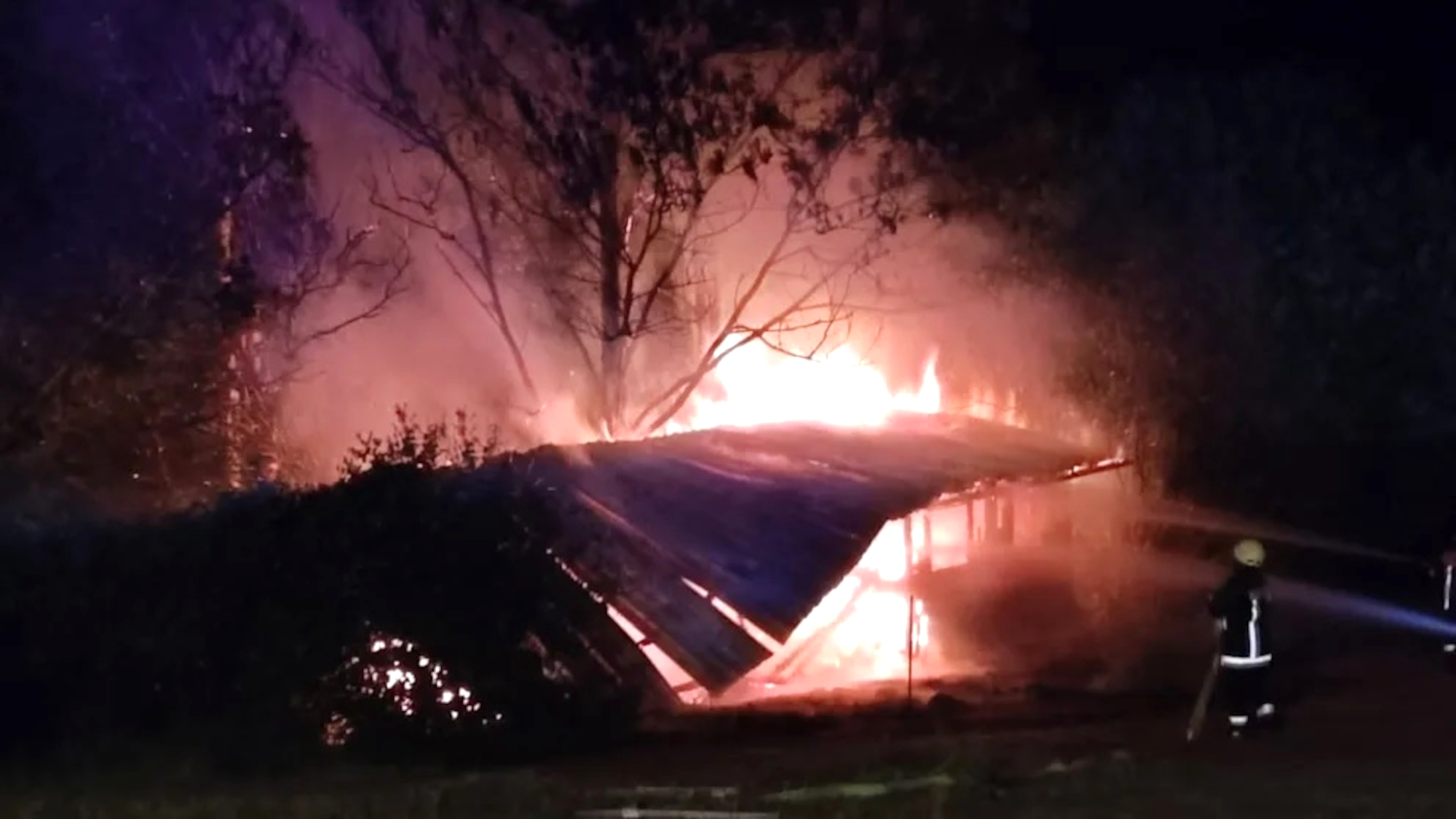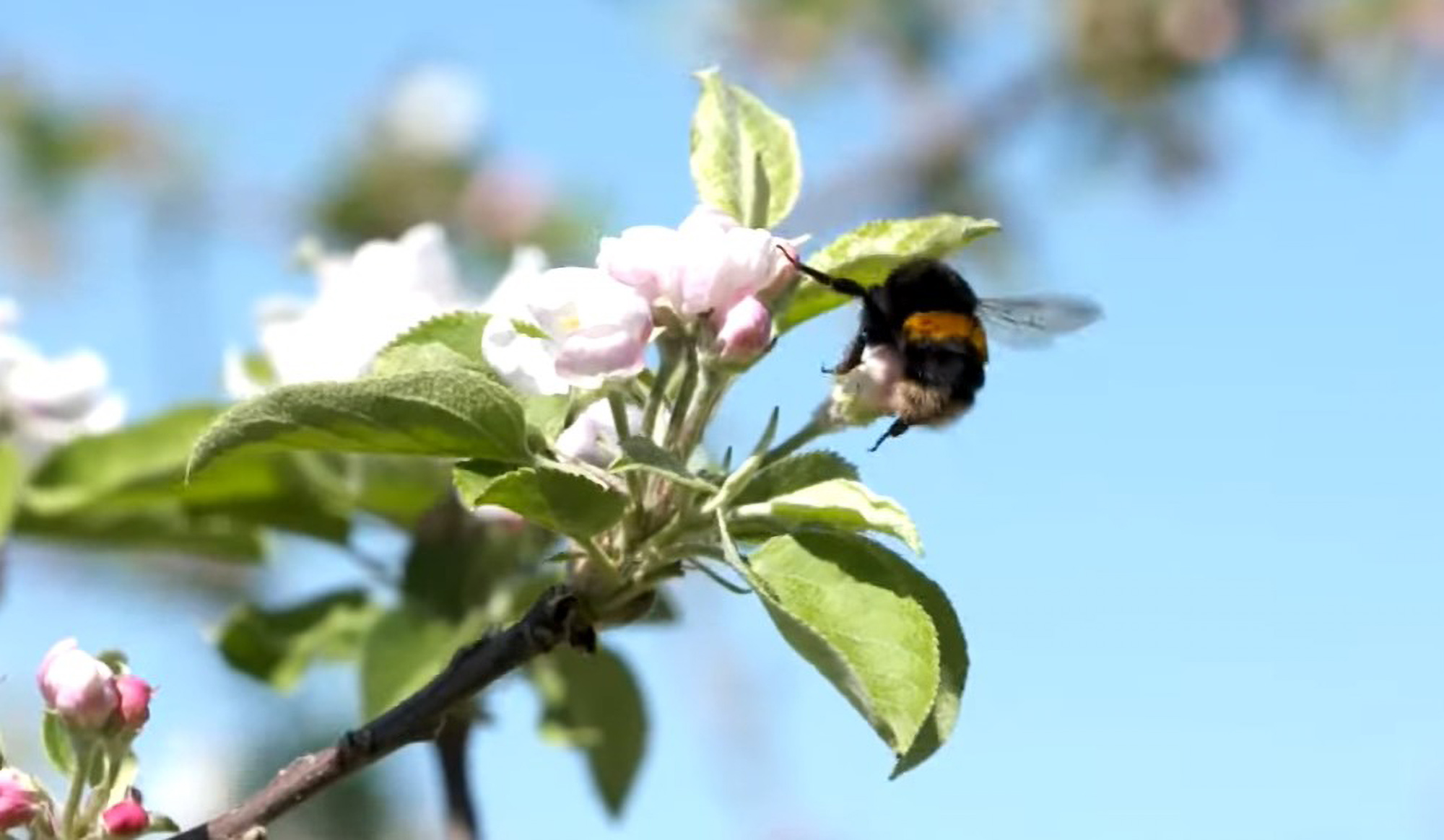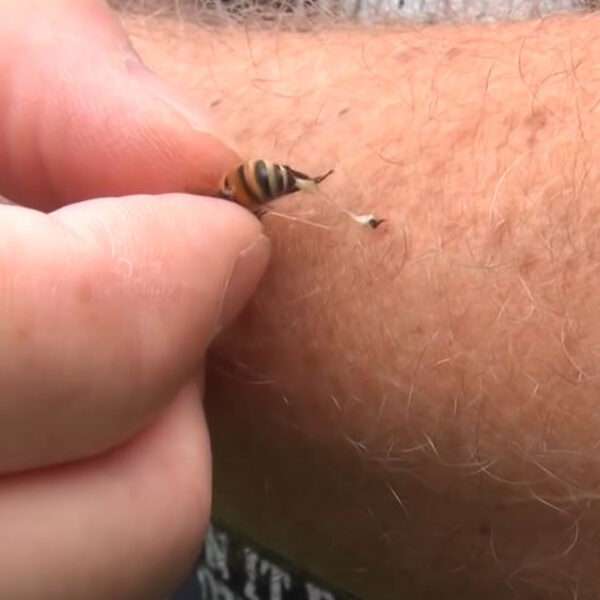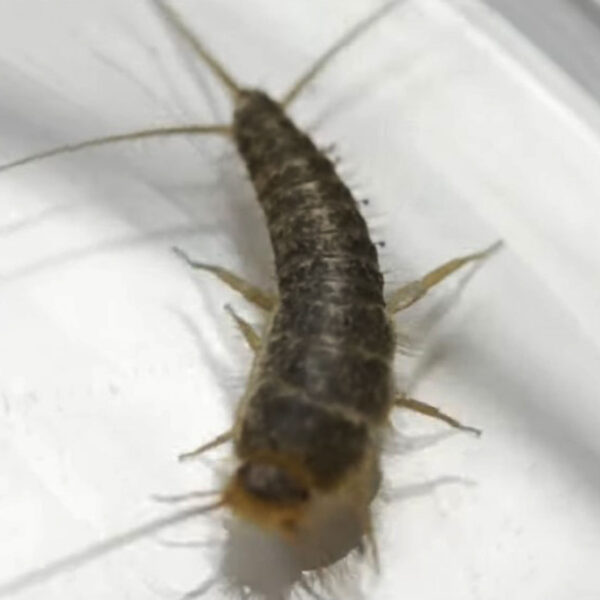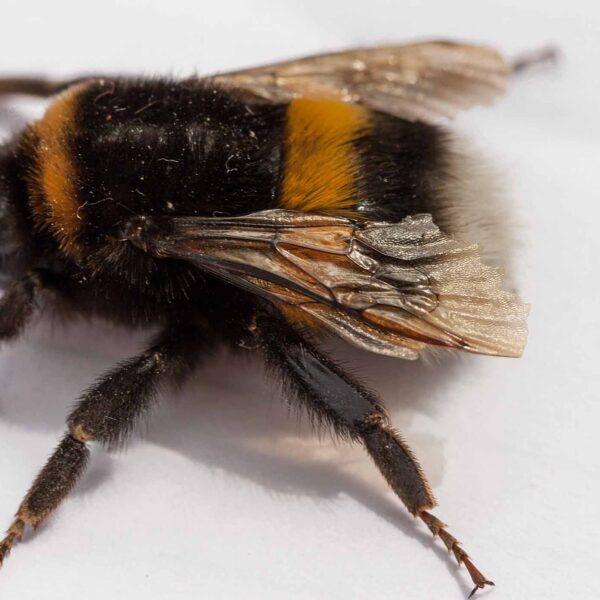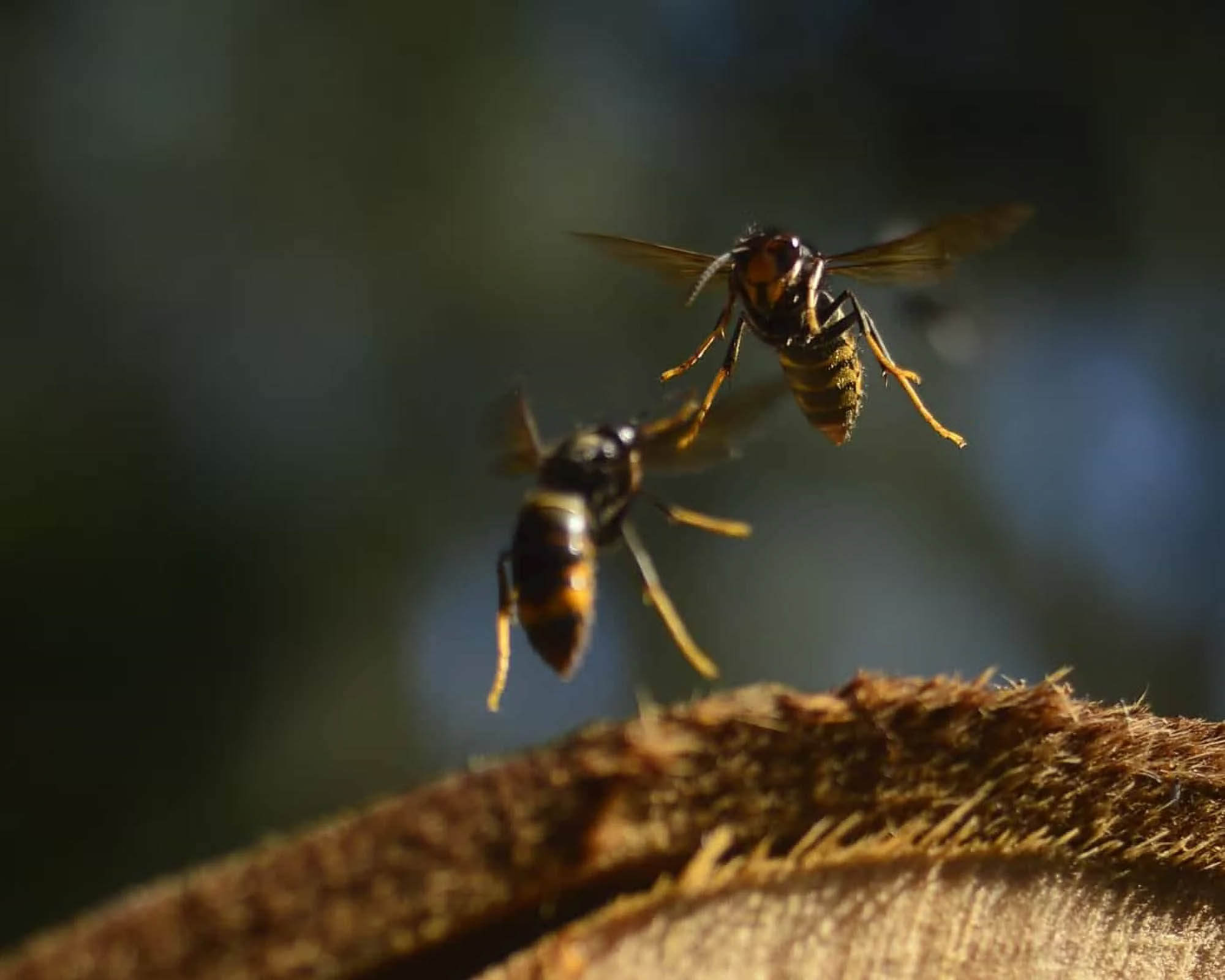Around 500,000 bees were killed when lightning hit their hives in southern Germany.
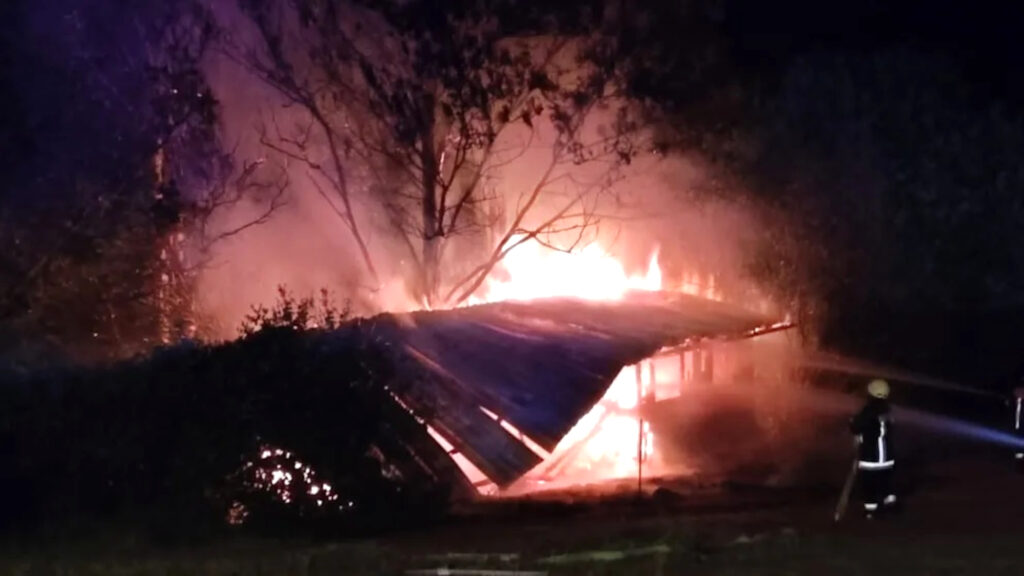
Owner Mark Huber said there had been nothing firefighters could do after the night-time strike set the wooden shed where the hives had been placed on fire.
The 49-year-old engineer and back-garden apiculture enthusiast from Gars am Inn, a small town in Bavaria, told the Bild newspaper: “Each of my 12 colonies consisted of 40,000 to 60,000 bees.”
Mark, who got into beekeeping 20 years ago, said his honey-extracting machine and other equipment such as a protective suit had also been destroyed by the blaze.
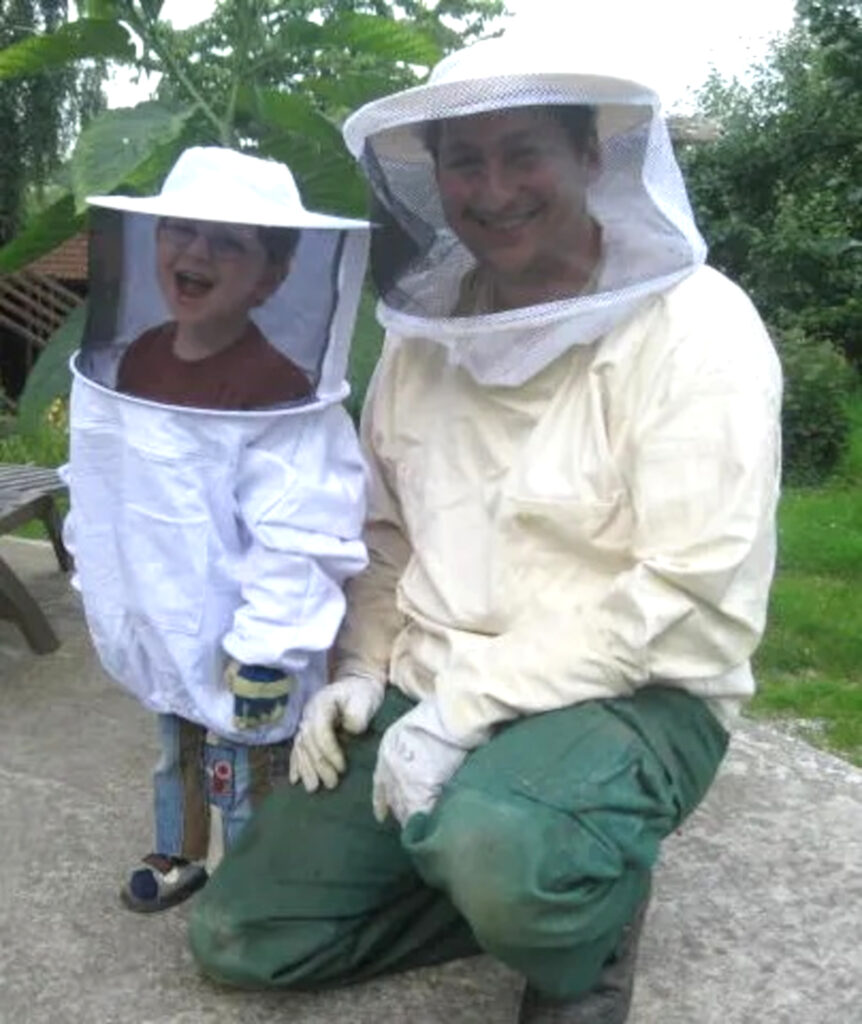
Mark’s colonies consisted of Carniolan honeybees (Apis mellifera carnica), a subspecies of the domesticated western honeybee (Apis mellifera). Being described as flexible, gentle and physically robust, the Carniolan honeybee is very popular among apiarists.
The father-of-three concluded: “Shortly before this thunderstorm, I got myself a 12th colony because I wanted to intensify my beekeeping engagement this year. I wish I would not have done so.”
Apiculture is immensely popular in Germany. The Federal Association of Beekeepers has more than 135,000 members. Around 33,000 of them are based in Bavaria.

